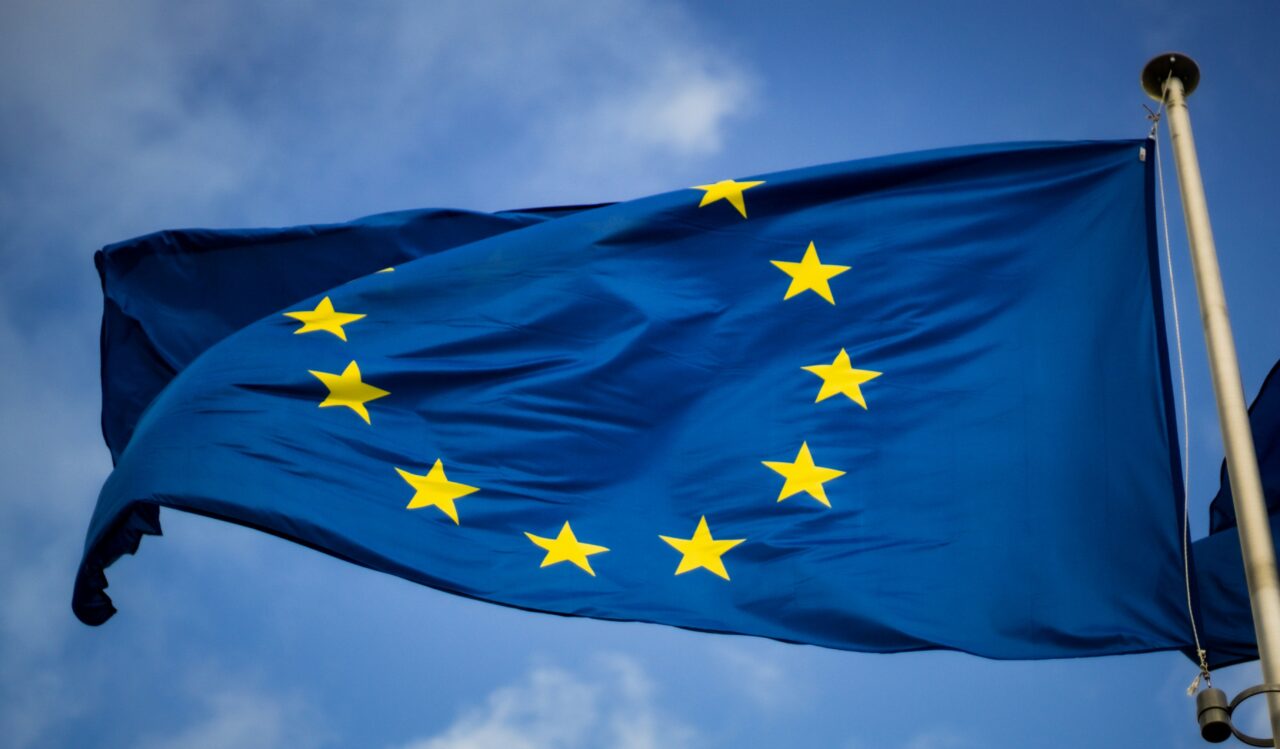Employer’s labour battle: entry into force of sustainability reporting requirements delayed

The European Union this week adopted a‘stop-the-clock‘ directive that delays the entry into force of sustainability reporting obligations for thousands of companies across Europe. Europe’s employers’ umbrella organisation, BusinessEurope, including the Confederation of European Employers, has been a strong and consistent voice on this issue.
The “stop-the-clock” Directive postpones the implementation of the obligations of the Corporate Sustainability Reporting Directive (CSRD) and the Corporate Social Responsibility Directive (CS3D):
- the Corporate Sustainability Reporting Directive (CSRD) the entry into force of the reporting obligations will be delayed by 2 years for those large companies and listed SMEs that have not yet started reporting (so-called second and third wave);
- the Corporate Social Responsibility Directive (CS3D) Directive will be postponed to July 2027 and the first implementation phase to 2028;
- The Directive must be transposed by Member States by 31 December 2025 at the latest.
It is part of a wider European Commission proposal to simplify existing regulations and reduce burdens, the Omnibus I initiative, and carries both clear messages and subsequent responsibilities.
This is not a substantive reversal, but a time gain. Negotiations on the substance of the Omnibus I package are still ahead.
How did we get here?
In recent years, companies have repeatedly raised concerns about the growing regulatory burden, particularly in the area of sustainability reporting. The conclusions of the European Council of October 2024 and the subsequent Budapest Declaration called for a clear change of direction, bringing about a “simplification revolution”. In response, the European Commission presented in February 2025 two Omnibus packages aimed at streamlining and simplifying existing regulations.
The role of employers: reporting should be reasonable
BusinessEurope, including the Confederation of Estonian Employers, has stood up for this issue strongly and consistently. We have stressed that sustainability reporting requirements must be proportionate, realistically enforceable and take into account the real capabilities of companies. The rules must contribute to the development of the business environment and not become a burdensome objective in their own right. The voice of business needs to be heard in European regulatory discussions – and we have worked hard on this in Brussels and at home.
We have also repeatedly raised the situation of so-called first-wave CSRD companies, which have already started reporting in 2024 and for which new phased-in requirements will soon come into force. At the same time, we will continue to work actively to ensure that the substantive discussions also move in a sensible direction – including on the situation of first wave companies that have already started reporting and the simplification of reporting standards.
What happens next?
The text of the directive will be published shortly in the EU’s Official Journal and will enter into force the day after publication. Member states will be obliged to transpose it into national law by 31 December 2025 at the latest.
Substantive negotiations on Omnibus I in the European Parliament and the Council will start soon. Delegated legislation is expected from the European Commission to address the situation of first wave companies under the Corporate Sustainability Reporting Directive (CSRD). The European Financial Reporting Advisory Group (EFRAG) has also been mandated to come forward with proposals for simplified European Sustainability Reporting Standards (ESRS) by autumn 2025.